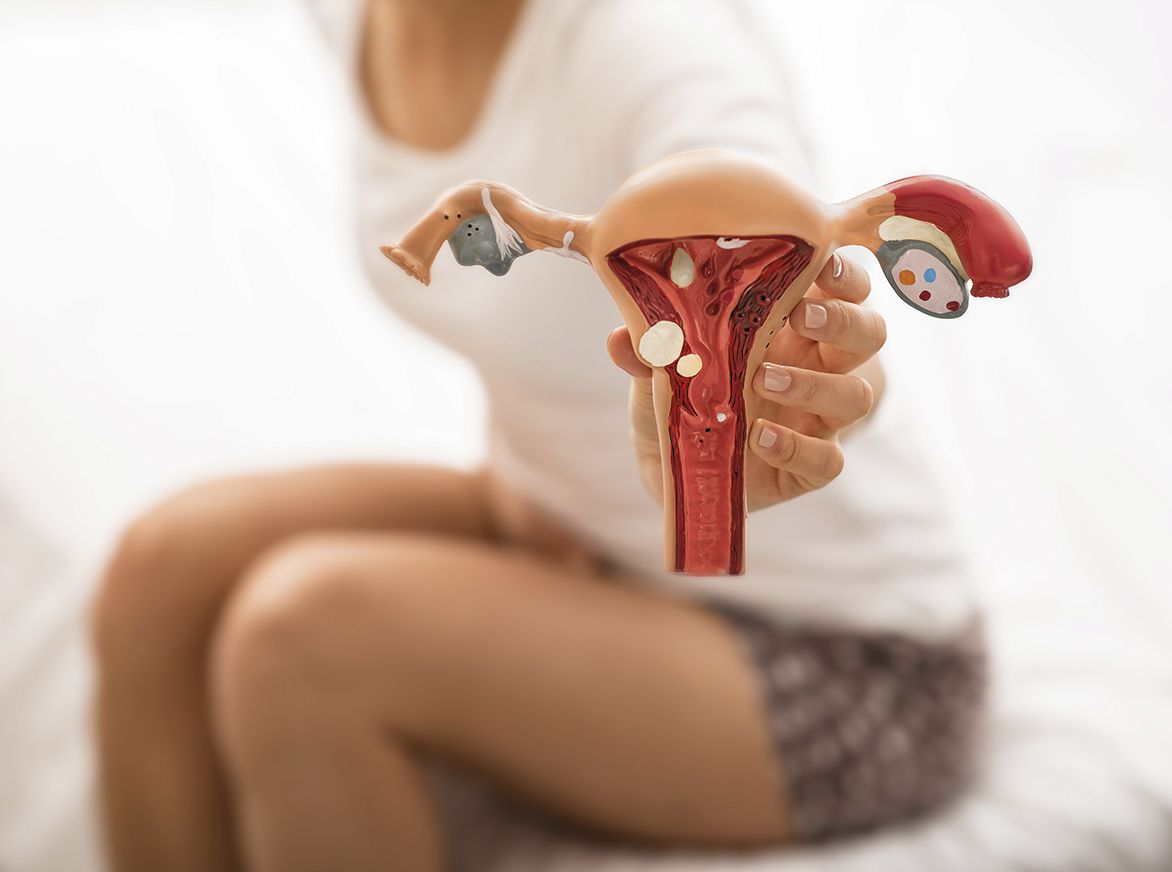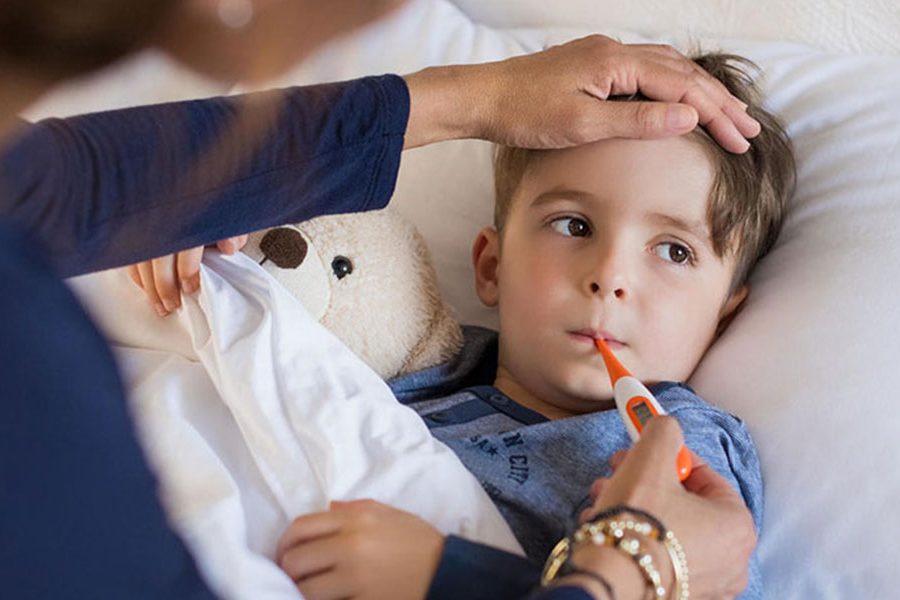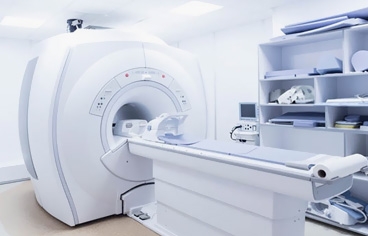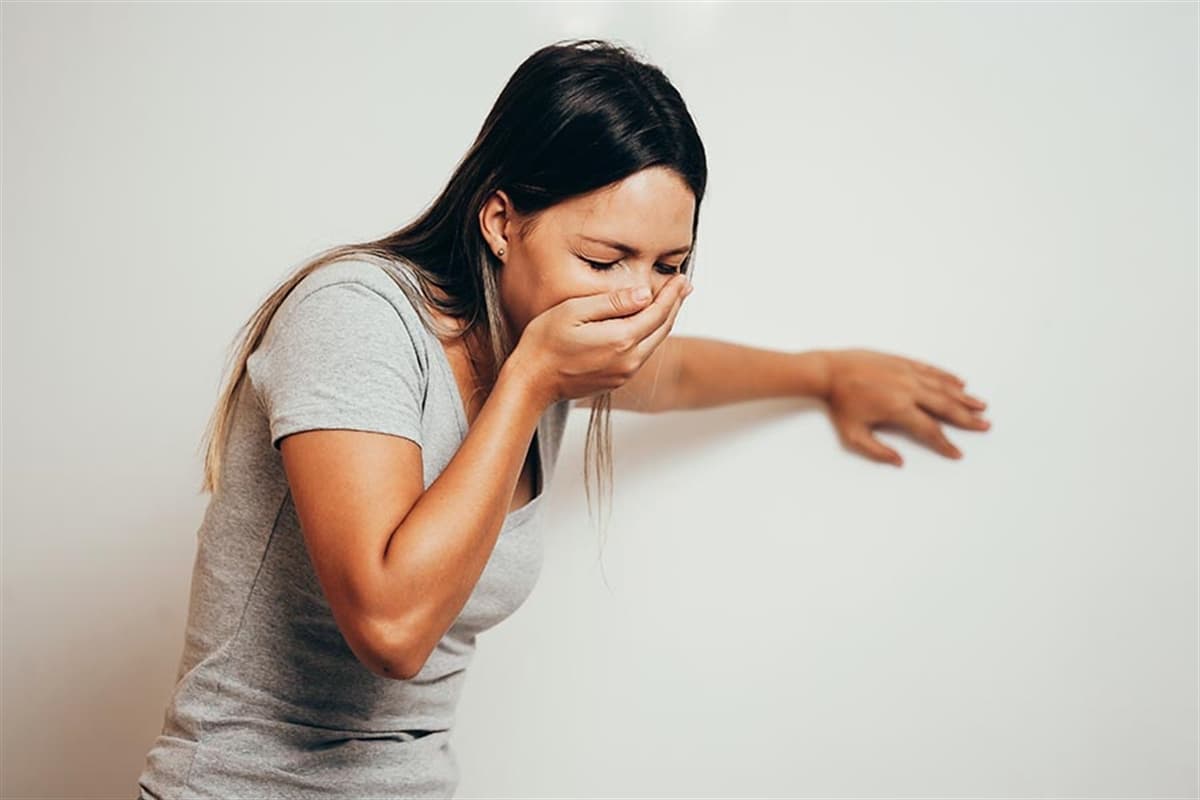Snoring Disease
- Home
- Snoring Disease

Currently, at least 45% of adults snore from time to time. This complaint is permanent in 25%. The problem of snoring is most common in fat men and increases with age. More than 300 companies have developed anti-snoring devices. Some models are modifications of an older model, such as gluing a tennis ball to the back of pajamas. (Snoring increases more when lying on your back) chin and neck straps, lanyards and devices placed in the mouth have not been of any benefit. Electronic devices have been found that work with the sound of snoring and wake the patient. All of these were considered as exercises for the patient to sleep without snoring. But unfortunately, snoring is a problem that is not under the person's control, and all these devices are intended only to keep the patient awake.
WHAT CAUSES SNORING?
A sound in the form of noise that occurs when there is stenosis in the airway behind the mouth and nose is called ‘snoring’. The area where the back of the tongue, soft palate and part of the small tongue join with the nose is a region that can shrink spontaneously. When they come on top of each other, they vibrate with breathing and snoring occurs. Someone who snores has at least one of the following problems.
WHAT CAUSES SNORING?
A sound in the form of noise that occurs when there is stenosis in the airway behind the mouth and nose is called ‘snoring’. The area where the back of the tongue, soft palate and part of the small tongue join with the nose is a region that can shrink spontaneously. When they come on top of each other, they vibrate with breathing and snoring occurs. Someone who snores has at least one of the following problems.
Decreased tension of the tongue and throat muscles. Loose muscles cannot prevent the tongue from sliding towards the back of the throat when it lies on its back. This event occurs when muscle control is lost in the sleep of someone who has relaxed by taking alcohol or medication Nov. In some people, snoring can be observed again due to relaxation in the deep phase of sleep.
Excessive tissue in the throat. Large tonsils and nasal flesh are the most common cause of snoring in children. In fat people, thick neck tissue is shown as the cause. Cysts and tumors can also rarely snore in this way.
Excessive drooping and long soft palate and small tongue constrict the airway towards the throat. Because it hangs in the airway, it causes snoring.
A person with nasal congestion creates an excessive vacuum in the nose to receive air. This vacuum pulls collabable tissue in the throat towards the airway. In this way, snoring begins to appear in a person who does not snore while the nose is open. This explains why some people snore only during allergic periods or when they have flu, sinusitis. Nasal deformations are known as the causes of this type of nasal congestion. Deviation is defined as the movement of the middle compartment of the nose to the sides. It is the most common in intra-nasal deformations.
IS SNORING A SERIOUS PROBLEM?
Socially, yes! This seriously threatens family life. A person who snores is a mockery. For other members of the family, sleepless nights are held responsible. A person who snores becomes an undesirable roommate on vacation and business trips. Medically, yes! The damage to one's self is greater. There are nights spent without rest. High blood pressure is more common in people who snore excessively than in people who do not snore. The most severe form of snoring is ‘occlusive type snoring disease. In this disease, known as "sleep apnea", severe snoring is interrupted by a period of breathlessness. At this time, breathing stopped completely. More than 7 episodes of breathlessness for more than 10 seconds in an hour are seriously life-threatening. In this case, your doctor will recommend that you undergo a sleep center examination together.
Blockages are observed 30 to 300 times per hour in patients with apnea (cessation of breathing). In this way, blood and oxygen levels fall excessively during sleep. During this period, when oxygen drops, the heart has to pump more blood. After a while, the heart rhythm deteriorates, while over the years, high blood pressure and heart growth settle down. People with an occlusive type of snoring disease can go into the deep sleep phase in a very small part of their sleep. The deep phase is the only way to real rest. The day of the night spent without rest will be sleepy, tired and inefficient. Napping will be seen while driving or at work.
Blockages are observed 30 to 300 times per hour in patients with apnea (cessation of breathing). In this way, blood and oxygen levels fall excessively during sleep. During this period, when oxygen drops, the heart has to pump more blood. After a while, the heart rhythm deteriorates, while over the years, high blood pressure and heart growth settle down. People with an occlusive type of snoring disease can go into the deep sleep phase in a very small part of their sleep. The deep phase is the only way to real rest. The day of the night spent without rest will be sleepy, tired and inefficient. Napping will be seen while driving or at work.
CAN SNORING BE CURED?
Many types of snoring are treatable. For adult snoring people, the following recommendations should be followed.
A sporting lifestyle must be chosen to win a good muscle theme
People who snore should not take sleep medications, tranquilizers and allergy medications called antihistamines before sleep
Avoid drinking alcohol 4 hours before sleep
Avoid heavy eating 3 hours before sleep
Avoid excessive fatigue
Sleep should be preferred to lie sideways
The head of your bed should be higher (10 cm)
Give people who don't snore at home time time to go to sleep before you.
If snoring becomes harmful to the person and his or her family, it is appropriate to talk to your specialist doctor. This is especially important when you have trouble breathing during sleep (loud snoring is interrupted by a period of breathlessness). A detailed examination of the nose, mouth, throat and neck of the snoring patient should be performed. Sleep laboratory studies are valuable in terms of determining the size of snoring and the health of the snoring person. Treatment is undoubtedly based on diagnosis. This is simple, such as treating allergies or infections, or requires surgical intervention, such as tonsil, nasal flesh, or nasal disorders. Successful results are obtained from snoring operations, which allow snoring, breathlessness, fixing moving tissues and further expanding the airway.
It is another operation that can be performed with local anesthesia in which a laser is used. In cases where surgery is too risky or undesirable by the patient, he can sleep by wearing a mask (CPAP) that gives compressed air to the throat. Every chronically dormant child should be examined in detail by an ENT specialist. In cases where surgery on the tonsils and nasal flesh is necessary, surgical intervention will provide very important benefits to the health and development of the child. Remember: snoring should seriously stop breathing. Snoring is not funny, it is not hopeless at all.
It is another operation that can be performed with local anesthesia in which a laser is used. In cases where surgery is too risky or undesirable by the patient, he can sleep by wearing a mask (CPAP) that gives compressed air to the throat. Every chronically dormant child should be examined in detail by an ENT specialist. In cases where surgery on the tonsils and nasal flesh is necessary, surgical intervention will provide very important benefits to the health and development of the child. Remember: snoring should seriously stop breathing. Snoring is not funny, it is not hopeless at all.
Order Blogs
-
 What is Cybernix Therapy?
What is Cybernix Therapy?
-
 What is Endometriosis (Chocolate Cyst)? What are the symptoms? How to Treat?
What is Endometriosis (Chocolate Cyst)? What are the symptoms? How to Treat?
-
 Colon Cancer (Symptoms, Stages, Treatment)
Colon Cancer (Symptoms, Stages, Treatment)
-
 Influenza (Flu) in Children
Influenza (Flu) in Children
-
 Stomach Cancer Symptoms and Treatment Methods
Stomach Cancer Symptoms and Treatment Methods
-
 What is Lymph Node Swelling? What Are The Reasons?
What is Lymph Node Swelling? What Are The Reasons?
-
 When to Use Antibiotics? What are the side effects? What is Antibiotic Resistance?
When to Use Antibiotics? What are the side effects? What is Antibiotic Resistance?
-
 What is Muscle Spasm?
What is Muscle Spasm?
-
 What is MRI? How to Take an MRI with Medication? Is It Harmful?
What is MRI? How to Take an MRI with Medication? Is It Harmful?
-
 What are the Causes of Diarrhea and Vomiting? How to Treat?
What are the Causes of Diarrhea and Vomiting? How to Treat?
